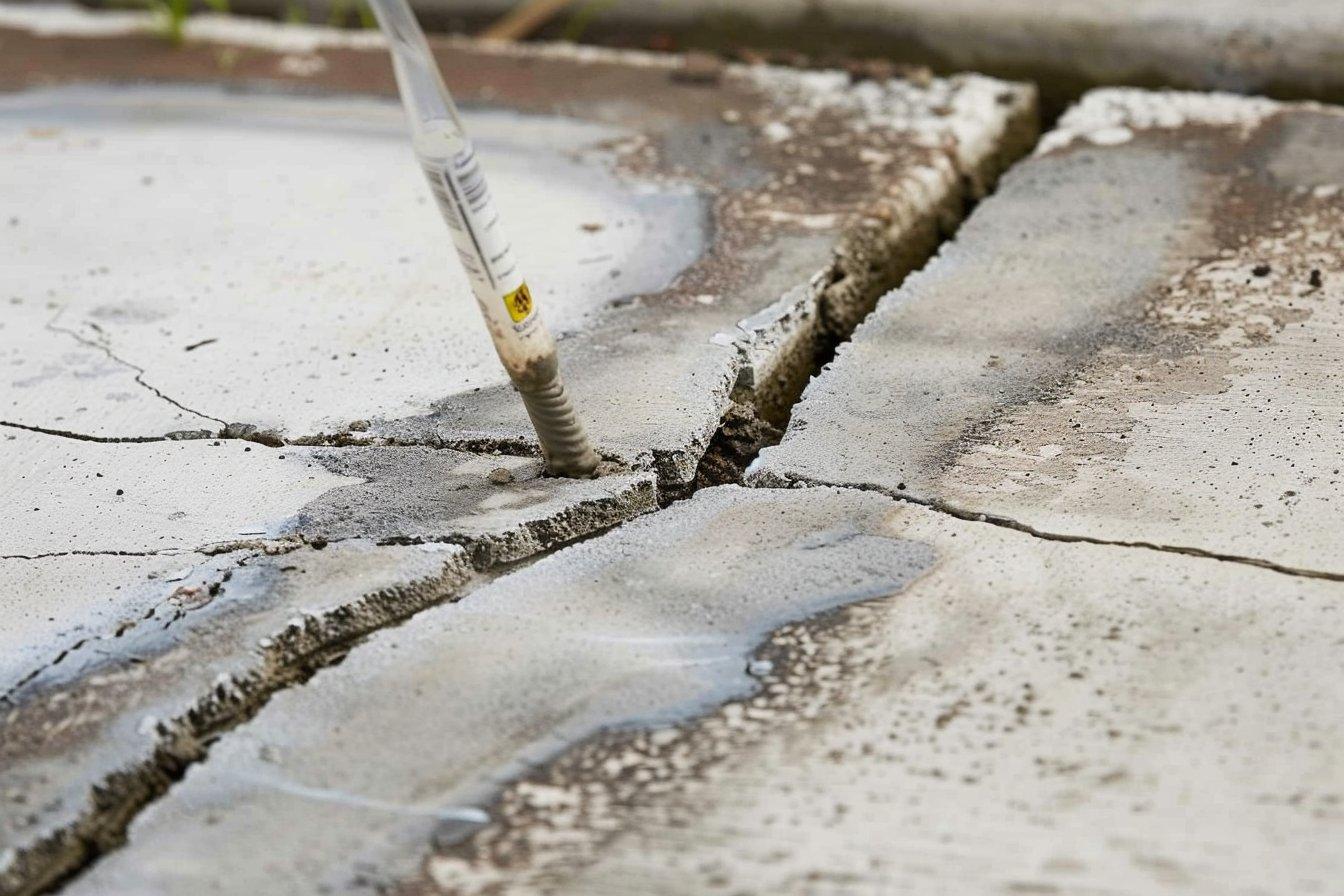Concrete Contractors for House and Property Construction
Concrete contractors provide specialized services that shape many parts of a home and property — from driveways and patios to foundations and retaining walls. Working with concrete involves technical knowledge of mixes, reinforcement, site preparation, finishing, and curing. Homeowners, property managers, and builders commonly hire licensed contractors for safety, compliance with building codes, and to ensure durable results. Understanding what contractors do, how projects are planned, and what to expect during installation helps property owners make informed decisions and evaluate local services in your area.

Concrete: What work do contractors handle?
Concrete contractors manage a wide range of tasks involving cementitious materials, including forming, pouring, finishing, and curing. They choose appropriate concrete mixes for strength, weather exposure, and intended use, and may add reinforcement such as rebar or wire mesh for load-bearing elements. Contractors also handle site grading, moisture control, and joints to reduce cracking. Quality workmanship includes adequate compaction of subbase, correct slump for pourability, and proper curing times to reach design strength. For homeowners, inspecting a contractor’s portfolio and asking about references gives insight into their skill with concrete work.
Driveway: How are driveway projects planned and executed?
A driveway project begins with site assessment, including slope, drainage, and access requirements. Contractors recommend materials (plain concrete, stamped finishes, or reinforced slabs) and determine thickness based on vehicle loads. Preparation typically involves excavation, compacted aggregate base, edge forms, and installation of control joints to manage cracking. Proper drainage away from the house is essential to protect the foundation and property. Scheduling depends on weather; hot or cold conditions affect curing and may require admixtures or insulated curing methods. Clear communication about timelines, disruption to access, and clean-up helps reduce surprises during installation.
House: How do contractors support house foundations and repairs?
For houses, concrete contractors often work on footings, foundation walls, slab-on-grade floors, and basement systems. Foundation work demands precise layout, correct reinforcement, and coordination with structural plans to meet building codes. Repair work can include slab lifting, crack injection, underpinning, or replacing damaged sections. Contractors typically coordinate with structural engineers and inspectors for significant repairs or new construction. Homeowners should verify contractor licensing, insurance, and experience with residential foundations to ensure structural safety and long-term performance.
Property: What improvements and maintenance do contractors provide?
On a broader property scale, concrete contractors install sidewalks, patios, retaining walls, curbs, and drainage structures that improve usability and resilience. They address property-specific concerns like erosion control, landscape integration, and access for vehicles or equipment. Routine maintenance services may include surface sealing, joint repair, patching, and cleaning to extend the life of concrete elements. Property owners can rely on contractors to advise on suitable finishes and protective treatments that match aesthetic goals while meeting functional needs across the entire property.
Construction: How do contractors fit into construction projects and permitting?
Concrete contractors are integral to residential and commercial construction teams, coordinating with architects, general contractors, and inspectors. They interpret plans, provide material takeoffs, and schedule pours to align with other trades. For permitted work, contractors often pull permits or work under a general contractor’s permit and must comply with local building codes and inspection schedules. Proper documentation — including mix designs, inspection reports, and as-built notes — helps with long-term maintenance and resale. When seeking local services, request proof of licensing and insurance to confirm compliance with regulations in your area.
Conclusion
Concrete contractors bring specialized skills that affect a house’s safety, functionality, and curb appeal. Whether planning a new driveway, repairing a foundation, or adding property features, understanding preparation, materials, and scheduling helps set realistic expectations. Reviewing a contractor’s credentials, references, and previous work, and discussing maintenance needs, can improve project outcomes and the durability of concrete elements across your property.






